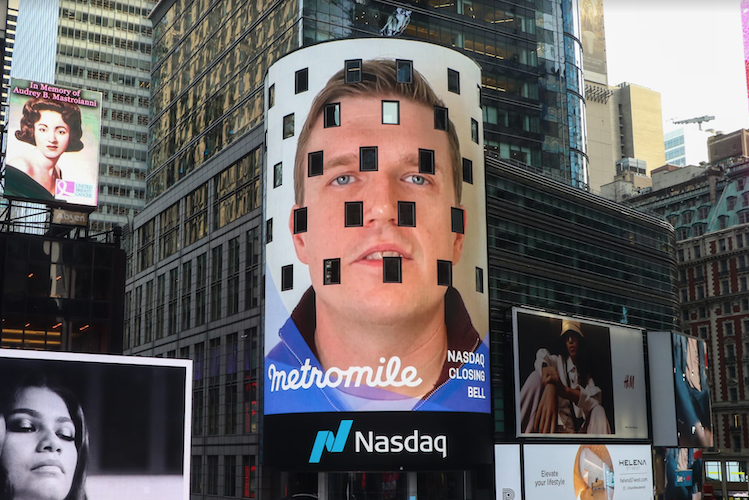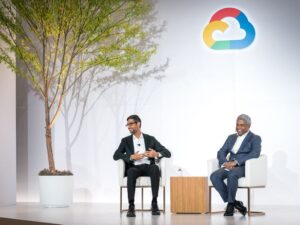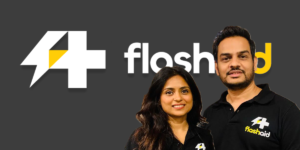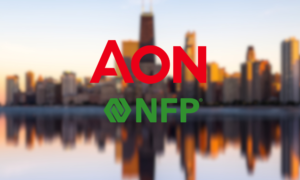Metromile (San Francisco) CEO Dan Preston recalls a moment from 2012, standing on a bike bridge in Portland, Ore., trying to sell pay-per-mile auto insurance to passing cyclists. The technology-driven company sold only 12 policies in its first month of operations. Today it has over 90,000 policyholders. In 2016 Metromile made the transition from MGA to full-stack insurance carrier, as part of building out its end-to-end consumer value proposition.
During 2018 the company launched its AVA end-to-end claims automation solution, which simultaneously enhanced customer experience and improved business efficiency. The company launched Metromile Enterprise in 2019 as a way of capitalizing on its innovative insurance technology by sharing it with other carriers.
In 2020, Metromile began turning a profit, which Preston recalls as, “really starting to see the value of the work that we’ve been doing in continuing to iterate on our unit economics.” This week, Metromile went public following its merger with special purpose acquisition company (SPAC) INSU Acquisition Corp. II.
Insurance Innovation Reporter: How did the merger come about, and why did Metromile go the SPAC route?
Dan Preston, CEO, Metromile: In the middle of last year we were evaluating what the best way to finance the business would be. We had gotten to know a number of folks involved in SPACs, helping companies to go public.
We had identified this was a great opportunity for us to fully fund the business, tell investors the full story of what we were doing and raise the capital that we needed to fully fund our plan. Over the course of the next few years, this capital raise will allow us to not only expand nationwide, but also to substantially scale the business and make it more profitable.
IIR: And by partnering with this kind of entity, you saw the advantages of doing a purely financial merger without an operational dimension? This approach would seem to signal confidence in your vision and the disinclination to interfere with it.
DP: Yes, absolutely. We’re very pleased. We think it gives the ability to build a generational company.
IIR: What are Metromile’s priorities post-merger, for both Metromile as retail auto insurer and Metromile Enterprise as an industry vendor?
DP: Over the course of the last couple of years we’ve been able to demonstrate strong profitable unit economics. That has allowed us to reach substantially higher lifetime valuation and cost of acquisition, and from that to be able to invest substantially in growth over the next couple of years. Now our priorities include state expansion to go nationwide and deploy additional capital for growth that’s going to allow us to achieve substantial scale. So, we’re at an exciting point where strong economics and demonstrated technology are driving greater scale. The Enterprise business is also at an exciting point. It’s at an earlier stage, only having been started a year-and-a-half ago. But we’ve already been able to demonstrate substantial value for three different auto insurers, starting with Tokio Marine. We now have two other U.S. carriers onboard. We’re excited to be able to broaden our scope, and the team has a great pipeline of storied auto insurers and also other carriers outside of auto.
We’ve invested a lot of R&D into building a very differentiated claims experience. We can offer a seamless, touchless claims experience from end to end, and through that offer a better customer experience.
This, of course, improves a carrier’s customer experience and with it customer retention, but it also substantially reduces their combined ratio. We believe this is the future of how claims will be managed—you’ll have much smaller claims organizations, but the ones that remain are going to be much better informed and able to deliver a much better customer experience.
One of the biggest challenges for auto insurers is that there’s a fair amount of fraud in the industry, and all customers are treated the same. This can drive customer dissatisfaction, since it’s only a small fraction of the claims that are fraudulent. What we’ve built allows claims adjusters to only focus on the cases that are high risk and allow the rest of the claims that we know to be very likely not fraudulent to be handled in a seamless, touchless way.
Fundamentally, we see ourselves as a data science and technology company, and if we can do a much better job of offering software to provide a better customer experience in insurance, that can take the form of working directly with consumers as a carrier, or through our partnership with their carriers through Metromile Enterprise.
IIR: How much of your offering is about improving the claims process and improving customer experience, and how much of it is fraud detection?
DP: The two things are mutually reinforcing. I would highlight that automation in many ways is possible because you’re able to determine which claims are likely to be legitimate and which are not. That is the decision point by which you’re able to say, “We can automate this.” A lot of this emerges from the digitization of effectively everything—not only with our core business modeling sensor data, but also a lot of the interactions that happen digitally as well.
IIR: Let’s talk about how Metromile is evolving as a digital, customer-oriented insurance carrier, and how the merger is likely to accelerate that evolution.
DP: I’d like to highlight a couple of initiatives that we’ve been developing in the last couple of quarters that will be a big part of our story moving forward. The first is Ride Along, which is our customer experience to try Metromile out before you buy it. A prospect will download the Metromile App and try it for a couple of weeks, and it helps them to estimate how much they would pay. That’s been a valuable experience to not only estimate miles, but also earn additional discounts as well. So, we’re experimenting with brand new engagement models to let prospects learn what insurance really fits them.
The second initiative is that we’re working directly with OEMs—car manufacturers—to directly integrate with Metromile. This offers a better customer experience because no device is necessary—you just stream directly from the car’s hardware. We think this also opens up the door to unique new products over the next five to 10 years.
We believe that in nature of auto insurance will change, in that you should only charge the miles that person is driving themselves and probably charge a different per-mile rate when the car is operating autonomously. So a big part of how we think about integration of vehicles and working with manufacturers, is that we believe that, in partnership we help bring in more unique and adaptive insurance that will help usher in autonomous vehicles and more safety features over time.
Returning to the theme of the merger, what we’re excited about as well is that this can help enable a fair amount of scale for us. With the merger having closed during the last couple days we are certainly marching heavily towards expanding nationwide, as well as expanding our product. I think from both those two dimensions—geographic expansion and expanded product—will drive growth. We think we have some exciting days ahead of us.
IIR: As you move into this next phase of Metromile’s history, do you feel vindicated in your original vision for the company?
DP: It feels good. My eighth anniversary was on the day we went public, and I am grateful to have helped build the company for eight years and see the team get to this point.
We learned a lot about the discipline of building an insurance company. As a technologist and computer scientist, I came in focused on building a new product, and we now have a rock-solid foundation to scale. It’s incredible to impact so many lives. We see people save significant amounts right away just by not having to pay for car insurance when they’re not driving, and it’s something we as a company have certainly rallied around during the pandemic.
IIR: Do you think that the pandemic served to increase the public’s interest in mobility and transportation-as-a-service?
DP: The pandemic is accelerating a trend that was already underway. People have been driving a lot less for many different reasons. Only 35 percent of drivers drive more than half the miles but cause more than half the losses for insurance companies. This means two-thirds of drivers overpay for auto insurance.
Amid the pandemic, about 40 percent or more Americans are now working from home, which further validates our model. We believe that the era of fixed-based pricing is coming to an end. With uncertainties like the pandemic, people want to have more control. Pay-per-mile auto insurance gives drivers more control over how much they want to pay and can save them 47 percent a year right away. This is meaningful, especially if you need more control over your finances.
IIR: We talk all the time about continually evolving customer demand, but might the demand for privacy and security being intensifying at the same time? How does Metromile reassure consumers that they are making a good decision to share data?
DP: Privacy is really important. When you use data, it needs to be obvious to the consumer that they can benefit, and your use is fair to them. We were thoughtful about our customer experience from the very beginning because we built our digital insurance platform ourselves.
Metromile started with the idea of using data to offer a fair price. We expanded this data to help people avoid parking tickets by sharing alerts, using the car’s diagnostic data to help drivers understand what’s wrong before they go to a mechanic, and budget their trips to understand what they can save. These features have become popular and are built upon customer data.
We’ve built trust because we can show customers that we will use their data for their benefit. But of course, we also give customers the opportunity to avoid sharing their data, as we want to be thoughtful about their experience and needs.
Source: Insurance Innovation Reporter
Share this article:








